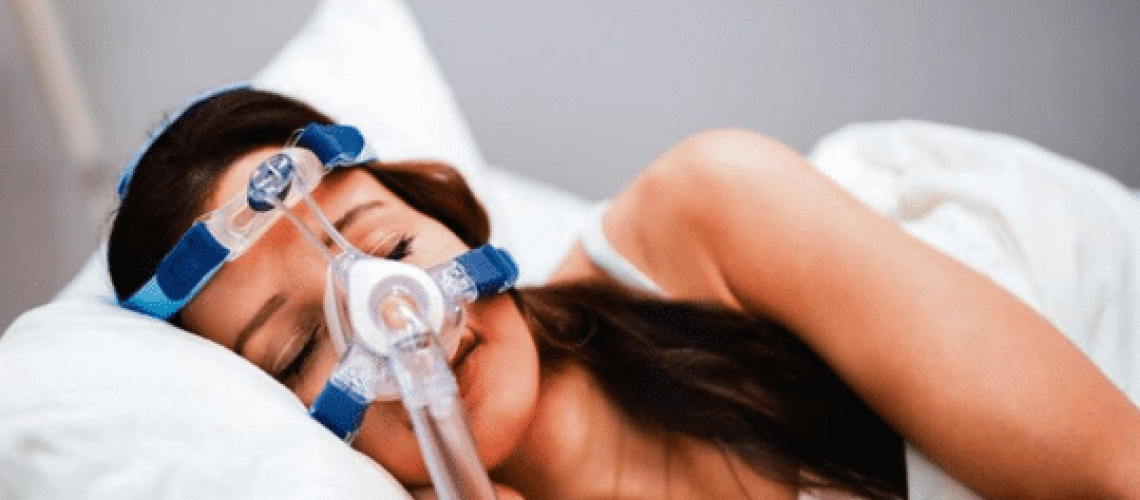Are you tired of being kept up at night by sleep apnea myths? It’s time to put these misconceptions to bed once and for all. In this blog post, we’ll debunk the top three myths surrounding sleep apnea that might keep you from getting a good night’s rest. Get ready to learn the truth about this common sleep disorder and finally get the quality sleep you deserve!
What is Sleep Apnea?
Sleep apnea is a condition in which a person experiences pauses in their breathing or shallow breaths while asleep. These pauses can last for a few seconds to minutes and can happen up to 30 times or more an hour. When left untreated, sleep apnea can cause high blood pressure, heart disease, stroke, and other health problems.
Myths and Facts About Sleep Apnea
There are a lot of myths out there about sleep apnea. Here are three of the most common ones, and the facts that debunk them:
Myth 1: Sleep Apnea Only Affects Men
Sleep apnea does not discriminate based on gender. In fact, according to the American Sleep Association, “12 million Americans suffer from sleep apnea, with an estimated 24% of those being women.” So why is it that sleep apnea is commonly thought of as a man’s disease?
There are a few reasons. First, sleep apnea was first identified in men. Second, men are more likely to snore, which is one of the most common symptoms of sleep apnea. And lastly, obesity is a factor in sleep apnea, and obesity rates are higher in men than women.
But just because sleep apnea is more common in men doesn’t mean that women don’t suffer from it. In fact, sleep apnea can have serious consequences for women, including an increased risk of heart disease and stroke. So if you think you might have sleep apnea, don’t write it off as a man’s problem—talk to your doctor about getting tested.
Myth 2: Weight Loss Will Cure Sleep Apnea
For those who suffer from sleep apnea, weight loss can be an effective treatment option. However, it is important to understand that weight loss will not cure sleep apnea. The goal of treatment is to reduce the number of apnea episodes and improve the quality of sleep. For some people, this may mean losing a significant amount of weight. For others, even a small amount of weight loss can make a big difference. If you are considering weight loss as a treatment for sleep apnea, be sure to talk to your doctor about the best way to achieve your goals safely and effectively.
Myth 3: CPAP Machines are Uncomfortable
CPAP machines are often prescribed to sleep apnea patients in order to help them breathe more easily at night. However, some believe that CPAP machines are uncomfortable and difficult to use. Here we debunk the myth that CPAP machines are uncomfortable:
CPAP machines are designed to be comfortable and easy to use. In fact, many people who use CPAP machines report feeling more rested and refreshed after using them. If you are having trouble adjusting to your CPAP machine, there are a number of resources available to help you make the most of your treatment.
Treatment Options for Sleep Apnea
There are a variety of treatment options for sleep apnea, depending on the severity of the condition. For mild sleep apnea, lifestyle changes such as losing weight, quitting smoking, and sleeping on your side may be enough to improve your symptoms. If you have moderate to severe sleep apnea, you may need to use a continuous positive airway pressure (CPAP) machine. This device delivers gentle air pressure through a mask that you wear during sleep. CPAP is the most effective treatment for sleep apnea, but it can take some time to get used to wearing the mask. Other treatment options include mouthpieces that help keep your airway open or surgery to remove obstructions in your airway.
If you think you might have sleep apnea, talk to your doctor about the best treatment option.
Sleep apnea is a serious disorder that can cause lasting damage to your health if left untreated. Understanding the common myths associated with this condition can help you identify it in yourself and others, and take appropriate steps towards getting much-needed medical care. We hope that our debunking of these myths has provided you with more insight into sleep apnea, as well as its symptoms and treatments. It’s essential to advocate for yourself or a loved one who might be affected by this disorder so they can get the care they require.

